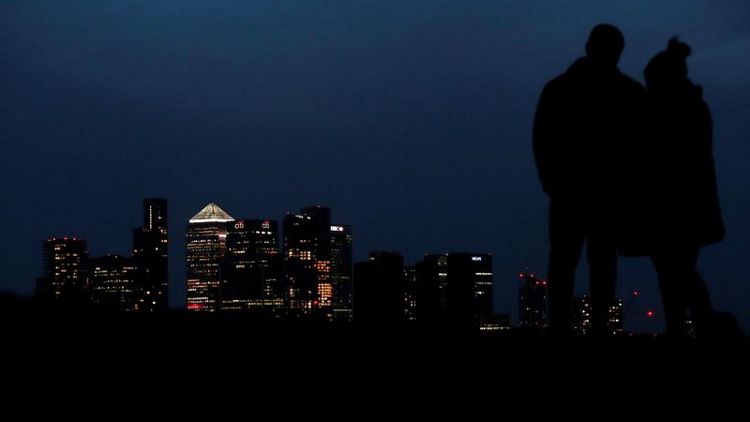LONDON - People in Britain have turned more pessimistic about the economy amid growing pressure on household budgets from rising energy prices and broader inflation, according to an opinion poll published on Thursday.
Twenty-eight percent of respondents in the poll by Kantar Public said they thought the economy would be in a worse state in 12 months' time, up from 20% in August. Those who thought it would be doing better fell by six points to 24%.
More than half were worried about not being able to keep their home warm enough this winter while three in 10 said they were finding it harder to meet their household budgets than a year ago, an increase of six points from August.
Wholesale natural gas prices have doubled over the past month, leading to the collapse of several smaller British energy suppliers. Regulated household energy prices are set to rise steeply next month, and probably again in April.
Last week, the Bank of England raised its forecast for inflation which it now expects to peak at above 4% and it lowered its estimate for economic growth in the third quarter, in large part due to post-lockdown bottlenecks in supply chains.
Kantar Public said it interviewed 1,089 people between Sept. 23 and Sept. 27.
A separate report showed slower growth among businesses in the three months to September although activity was still above its long-run average.
The Confederation of British Industry's growth balance - based on surveys of manufacturers, retailers and other services firms - dropped to +27 from +34 in the three months to August, with the biggest fall in consumer services and distribution.
"The private sector recovery has slowed this month as the immediate boost provided by loosening COVID-19 restrictions fades amidst a mix of labour and materials shortages, and supply chain disruption," CBI deputy chief economist Anna Leach said.
